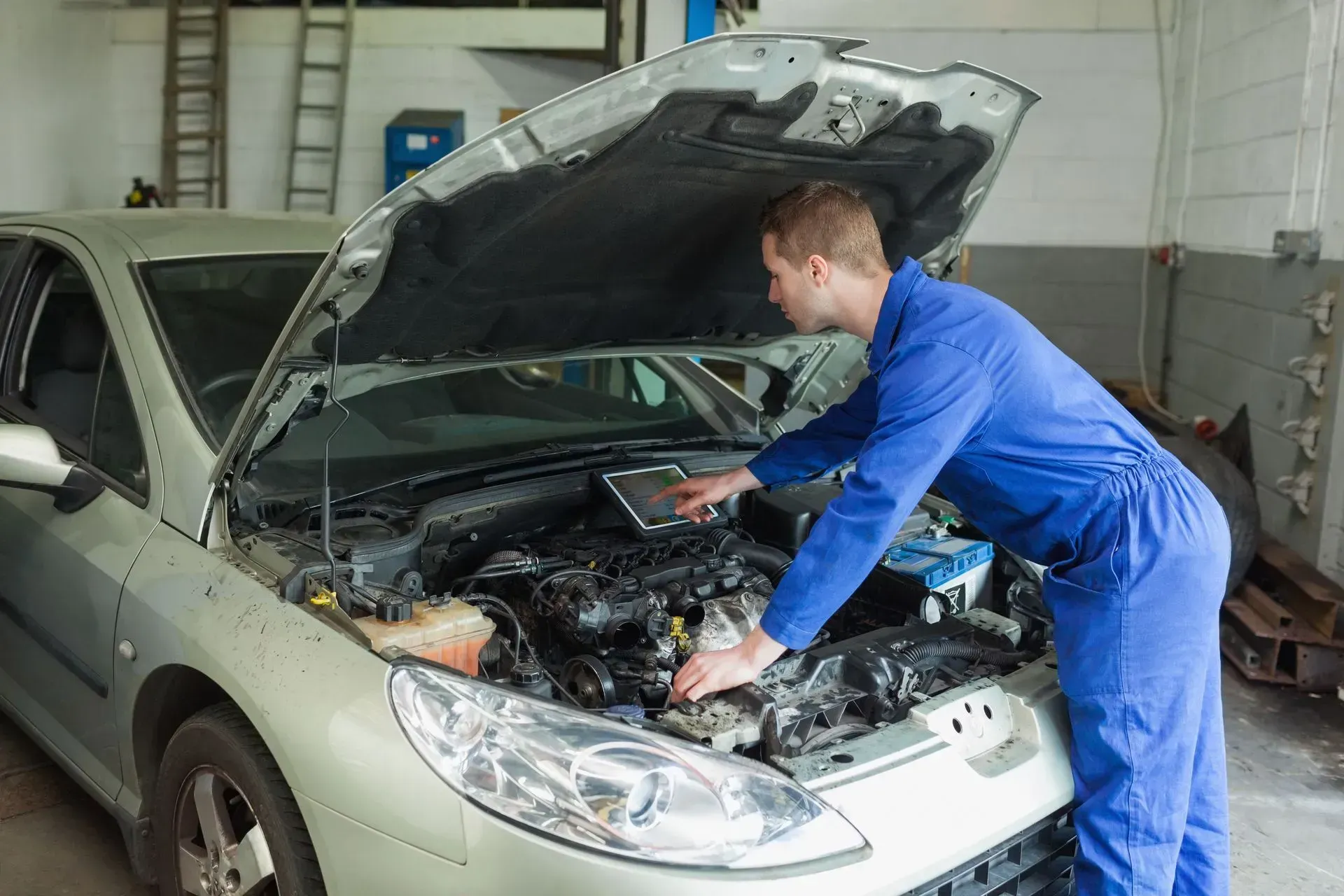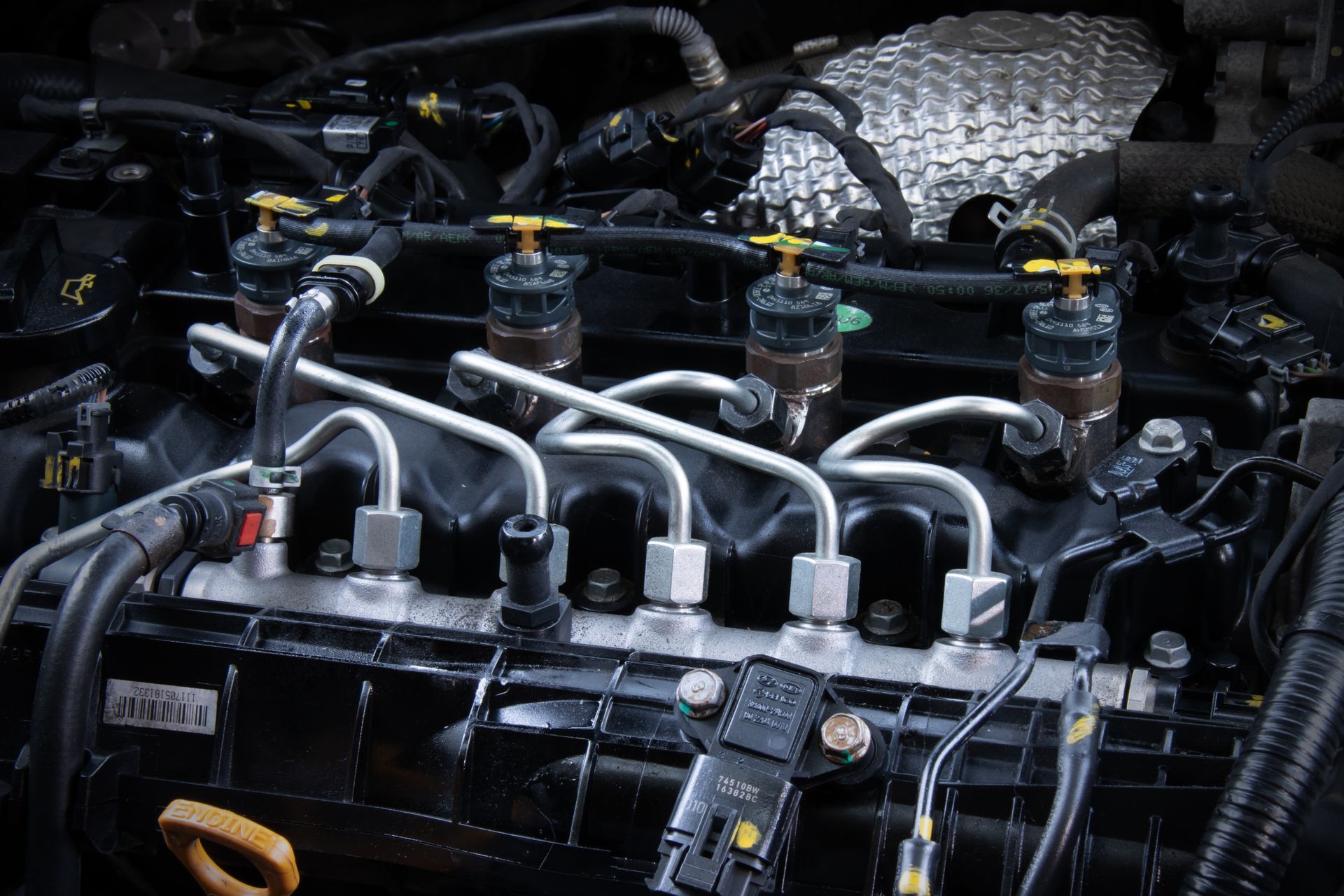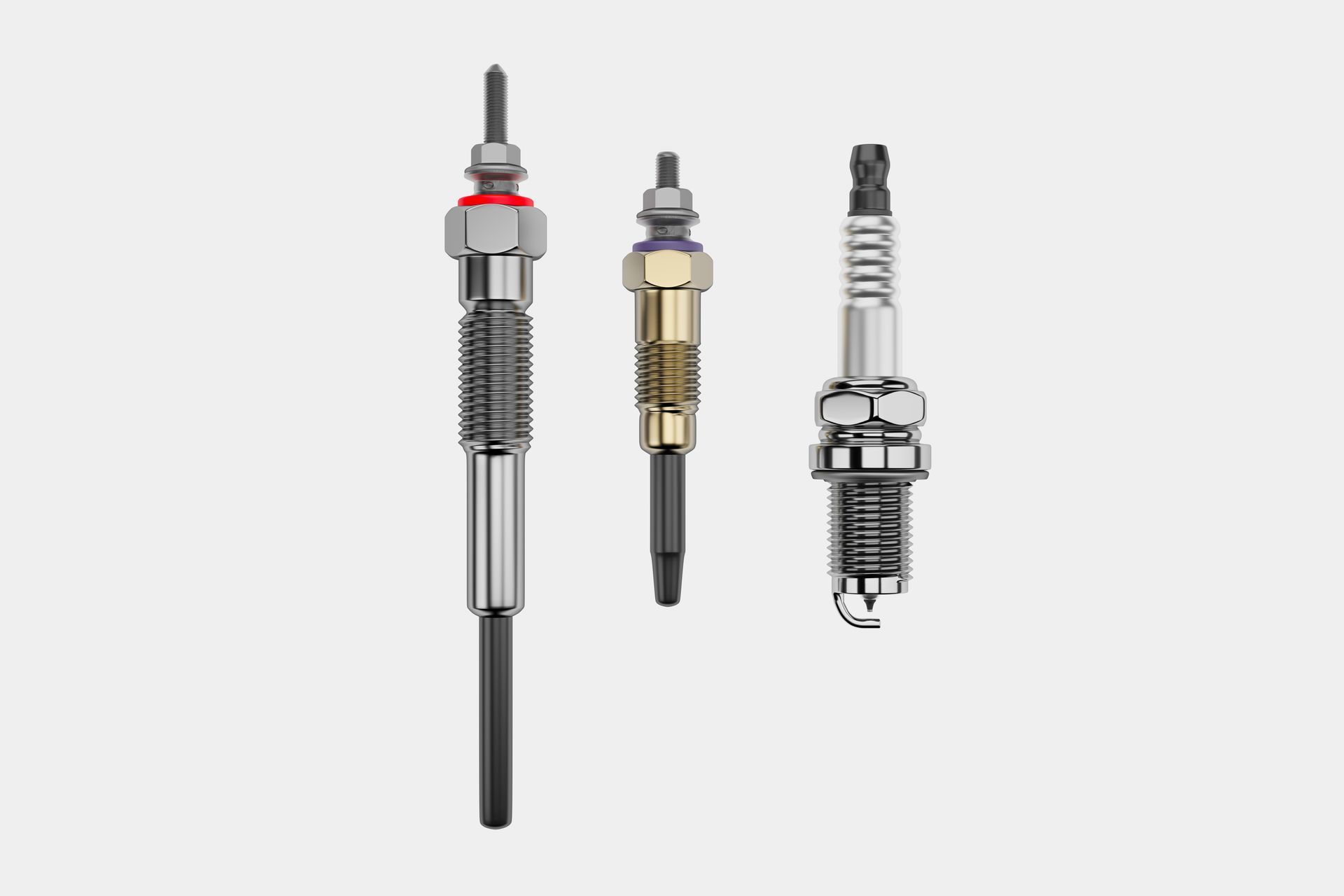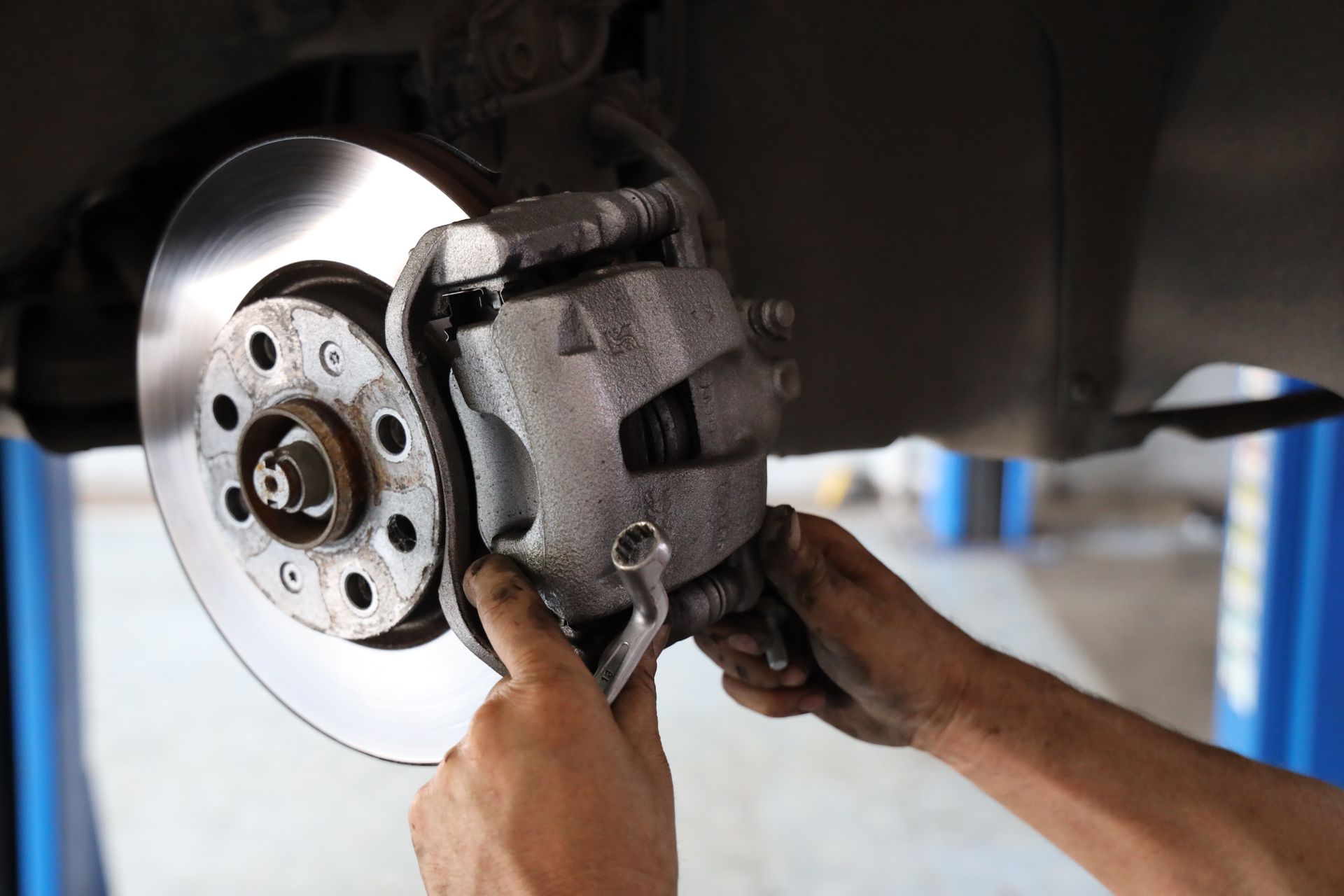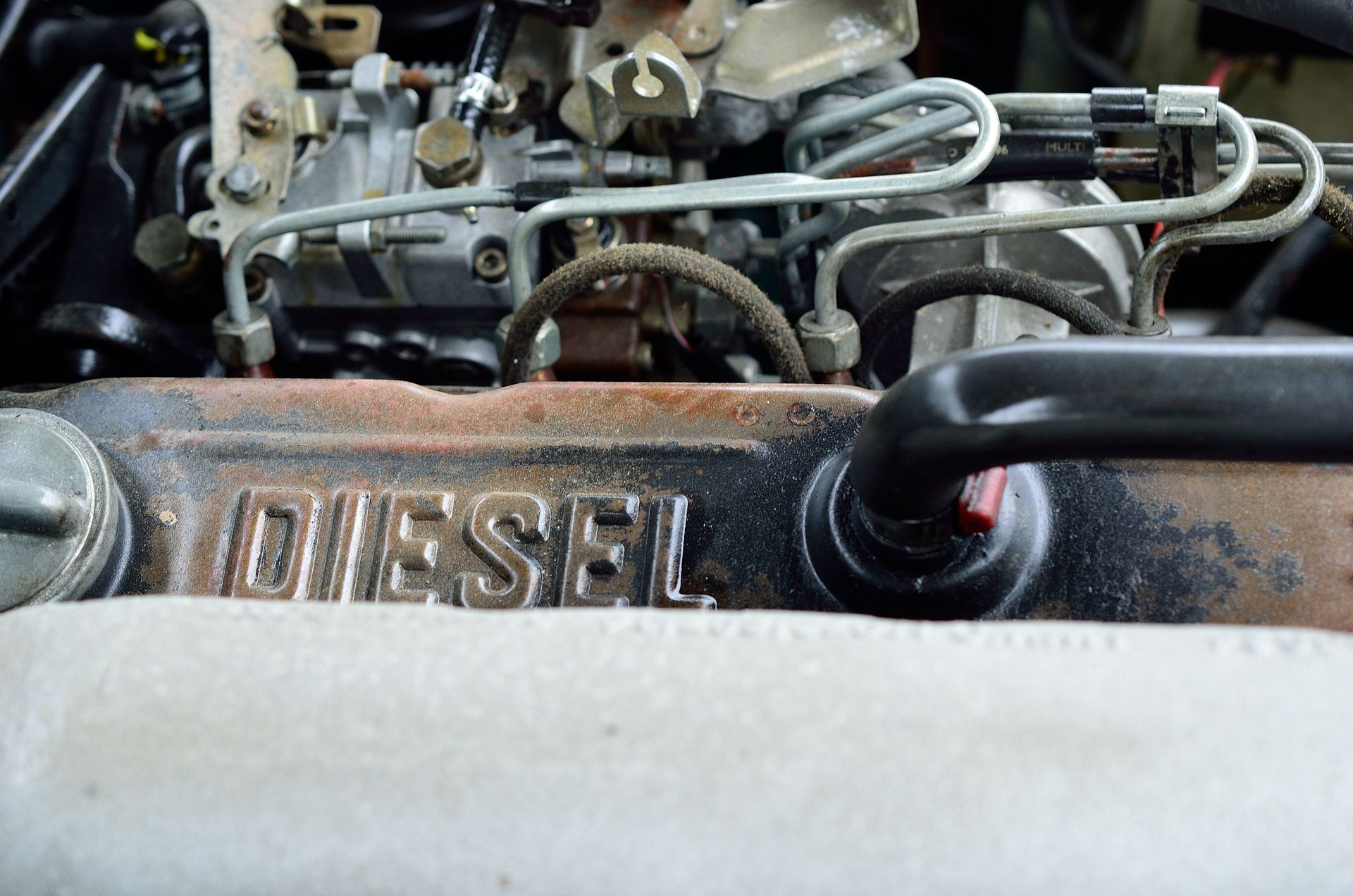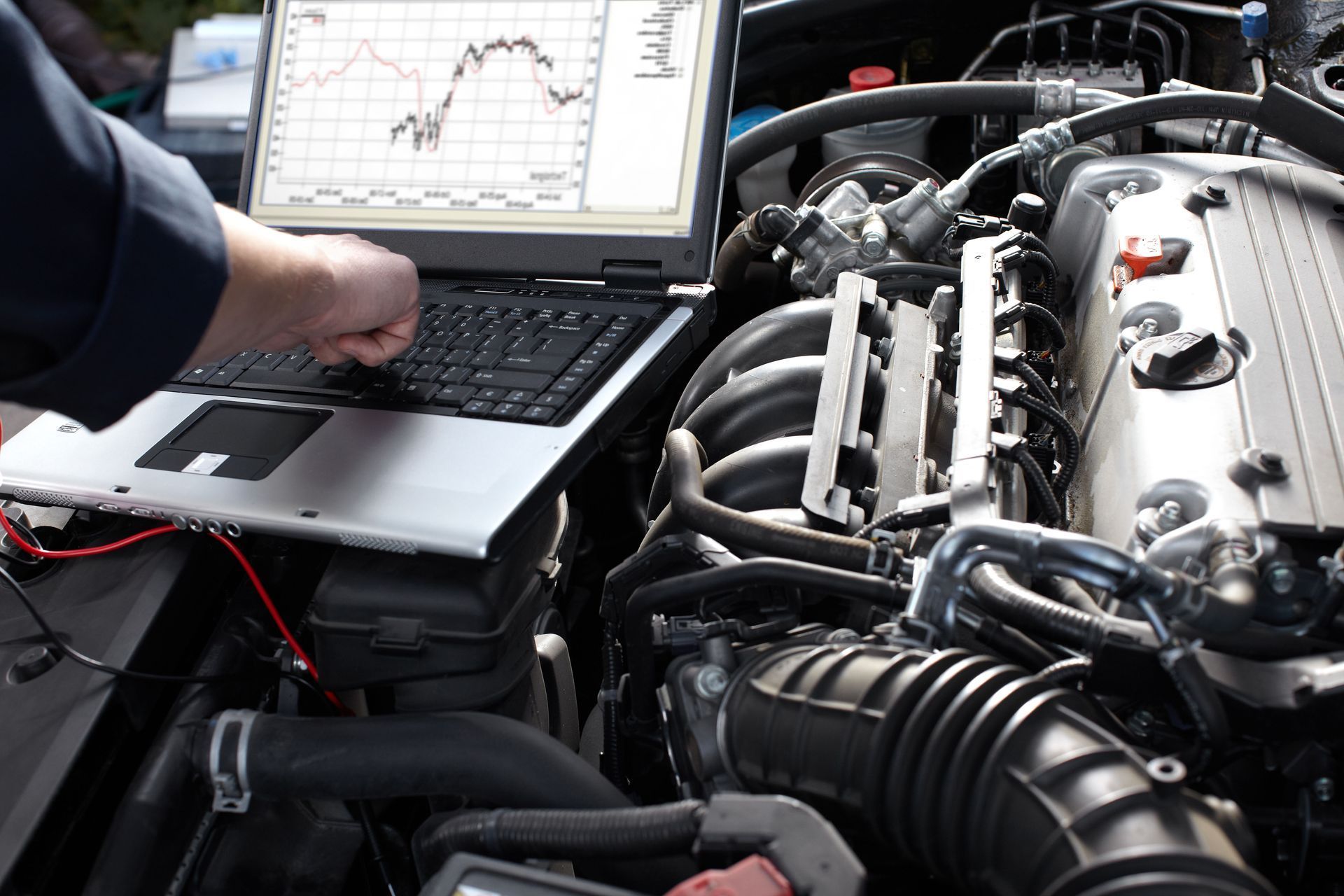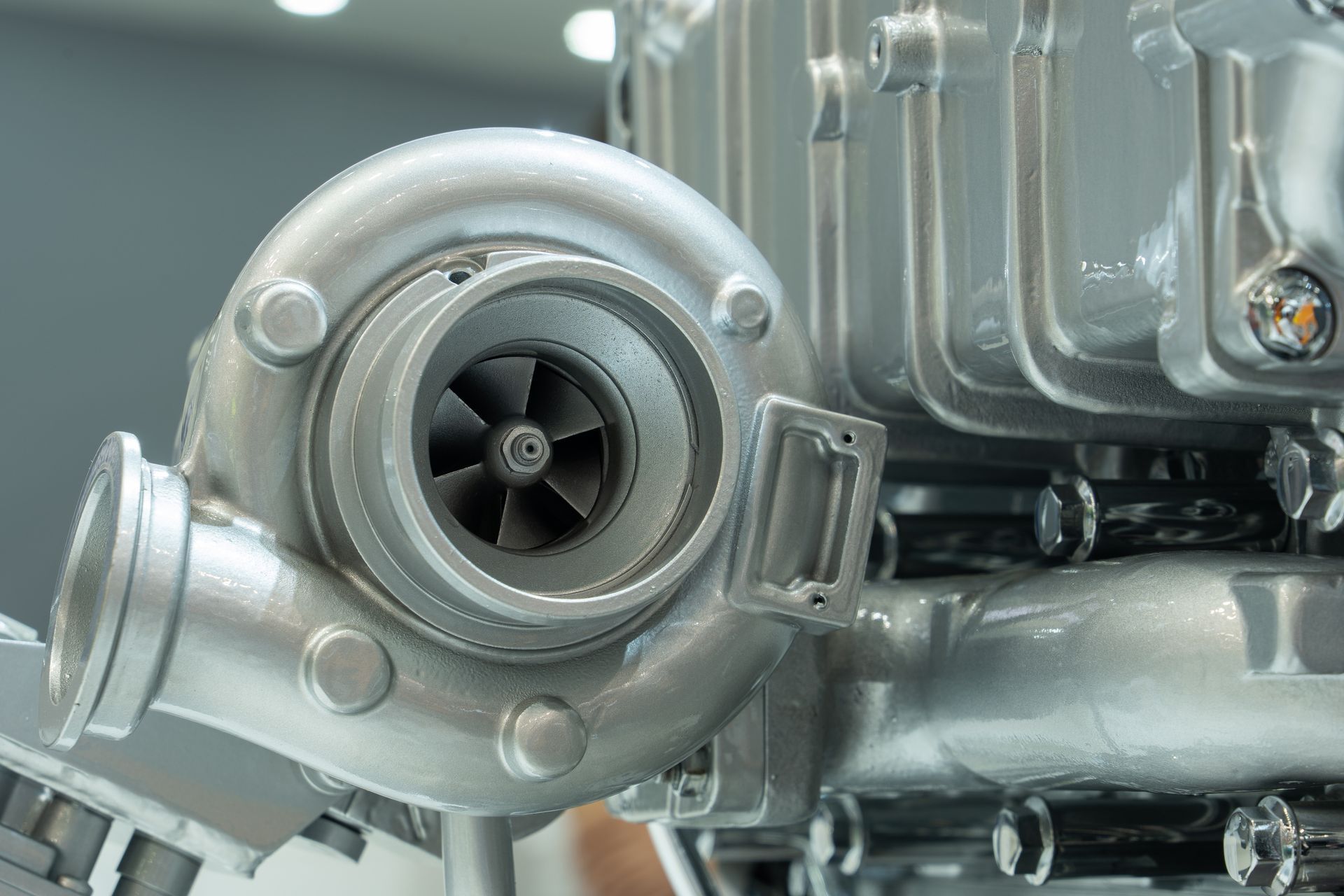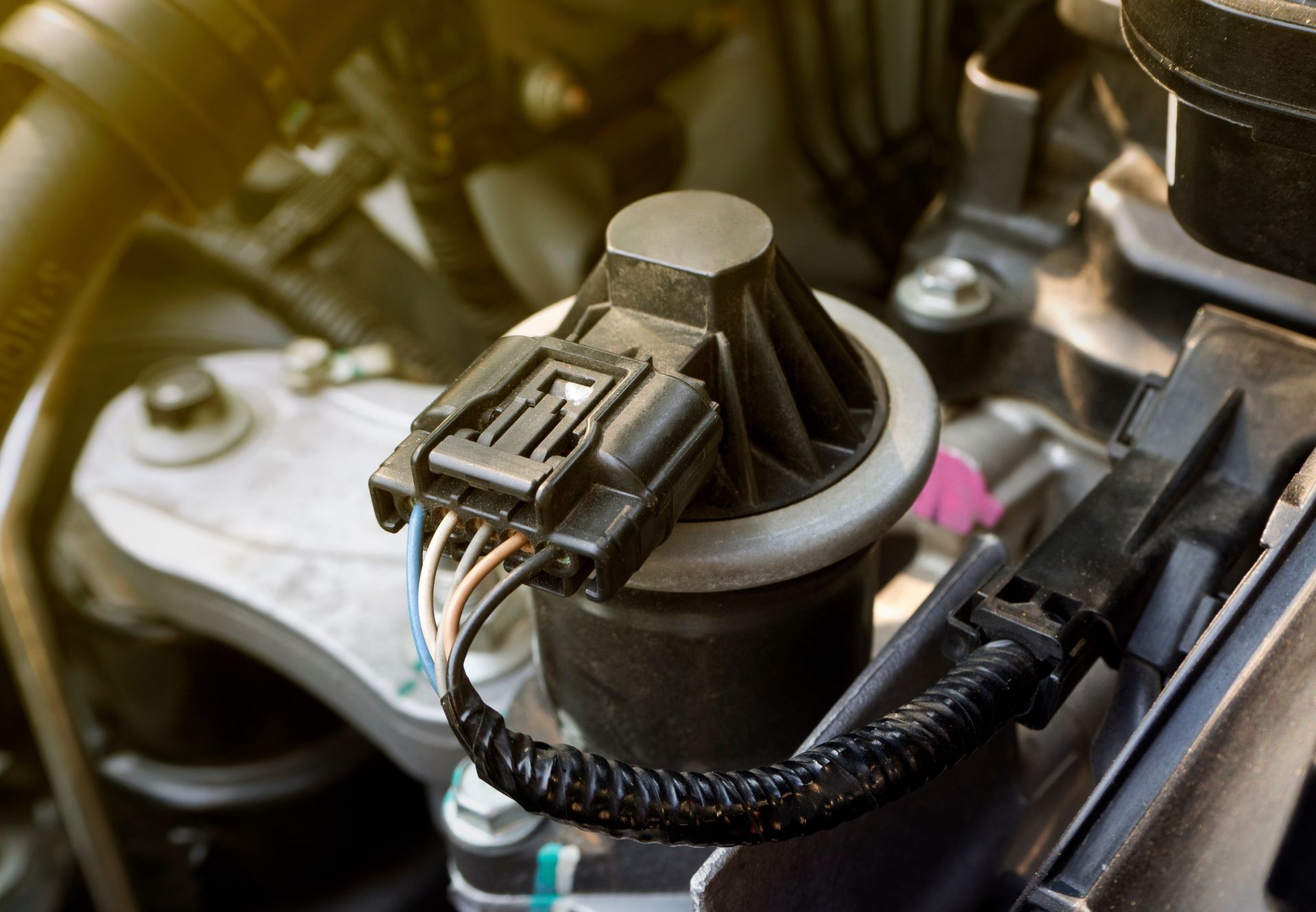Seeing black smoke coming from your diesel vehicle's exhaust is never a good sign. While diesel engines naturally produce more exhaust than gasoline engines, heavy or persistent black smoke usually indicates an underlying issue. It often means your engine is burning too much fuel or not burning it efficiently, which can lead to reduced performance, poor fuel economy, and even long-term damage if ignored.
Understanding what causes black smoke can help you identify problems early and prevent more expensive repairs later on.
How Diesel Combustion Works
Diesel engines operate differently from gasoline engines. Instead of using spark plugs to ignite a fuel-air mixture, diesel engines compress air until it’s hot enough to ignite the injected fuel. When everything is working properly, this process results in efficient combustion and minimal visible exhaust.
Black smoke appears when there’s incomplete combustion. That means too much fuel is being injected, there isn’t enough air, or both. Identifying the cause is the first step toward restoring proper performance.
Common Causes of Black Smoke
Black smoke can be triggered by several issues, many of which are related to the fuel or air delivery systems:
- Clogged air filter: If the engine isn’t getting enough air, fuel can’t burn efficiently. A dirty or blocked air filter is one of the simplest causes of black smoke.
- Faulty fuel injectors: When injectors deliver too much fuel or fail to spray it evenly, excess fuel remains unburned, leading to thicker exhaust smoke.
- Turbocharger problems: In turbocharged diesel engines, a failing turbo can reduce airflow into the combustion chamber, causing incomplete combustion and increased smoke.
- EGR (Exhaust Gas Recirculation) issues: If the EGR valve sticks or malfunctions, it can disrupt the balance of air and fuel, resulting in black smoke.
- Bad sensors: Malfunctioning sensors that regulate fuel and airflow can cause your engine to run rich, creating more smoke.
Since these issues can range from minor to severe, getting the problem diagnosed early saves time and protects your engine from damage.
How Black Smoke Affects Engine Performance
Aside from being unpleasant to look at, persistent black smoke can indicate deeper issues affecting your vehicle’s efficiency and reliability. You may notice a decrease in power, sluggish acceleration, or reduced fuel economy. If the problem is ignored, unburned fuel can also damage components like the catalytic converter, diesel particulate filter, or turbocharger.
In some cases, excessive smoke can even lead to failed emissions tests, which can be a problem if your area requires vehicle inspections.
Preventing Black Smoke Problems
Routine maintenance is the key to preventing most causes of black smoke. Replacing air filters regularly, servicing fuel injectors, and checking sensors during scheduled inspections keep your diesel engine running cleanly.
If your vehicle is turbocharged, having the turbo inspected periodically ensures it’s working properly and delivering adequate airflow. Staying on top of oil changes and using high-quality diesel fuel can also minimize carbon buildup inside the engine, which helps improve combustion efficiency.
Expert Diesel Engine Service at Key Diesel and Auto Service
At Key Diesel and Auto Service, our technicians specialize in diagnosing and repairing diesel engine problems, including excessive exhaust smoke. We use advanced diagnostic tools to pinpoint the cause, whether it’s a faulty injector, clogged air filter, or failing turbocharger.
Our goal is to restore your vehicle’s performance, improve fuel efficiency, and keep your diesel engine running clean. Schedule an appointment today and let us help you get your engine back in top shape.
